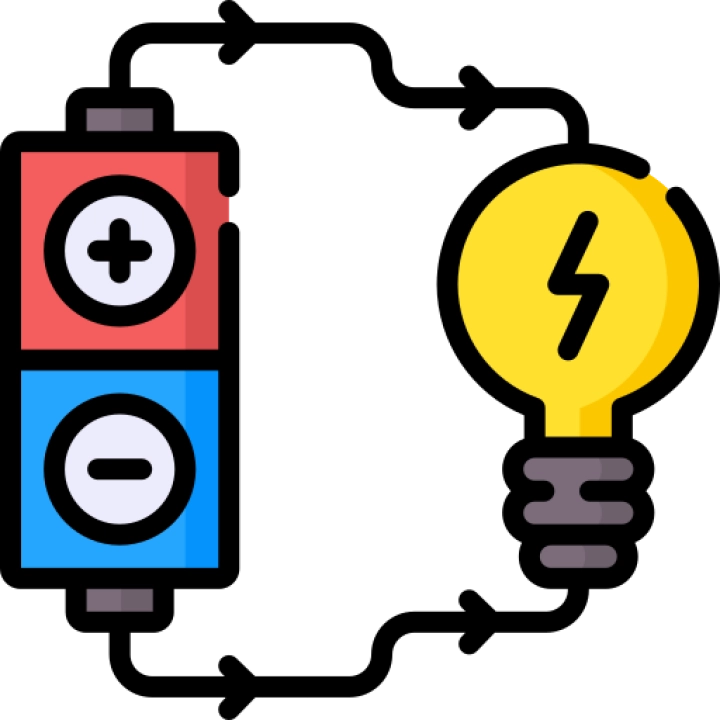College: Vocational School
This major provides a comprehensive understanding of the principles and practices of electrical engineering. Students explore key areas such as circuit design, power systems, electronics, control systems, and communications. The program emphasizes analytical thinking, problem-solving, and the application of engineering principles to design and improve electrical systems and devices. Graduates are prepared for careers in power generation, electronics, communications, and automation.
Learning Objectives:
- Understand the basics of electrical engineering.
- Develop skills in designing and analyzing electrical circuits and systems.
- Learn techniques for working with power and electronic systems.
- Explore the role of control and automation systems in modern engineering.
- Understand communication principles and signal processing.
- Analyze challenges and opportunities in electrical engineering fields.
- Develop teamwork and project management skills for engineering projects.
Main Curriculum:
- Introduction to Electrical Engineering - Overview of the field, its history, and its applications in various industries.
- Circuit Analysis and Design - Study of electrical circuits, including Ohm's law, Kirchhoff's laws, and network theorems. - Techniques for designing and analyzing analog and digital circuits.
- Electronics - Basics of semiconductor devices, amplifiers, and digital logic circuits. - Techniques for designing and testing electronic systems.
- Power Systems - Principles of power generation, transmission, and distribution. - Techniques for analyzing and improving power systems.
- Control Systems - Study of feedback control systems, stability analysis, and controller design. - Techniques for applying control systems to automation and robotics.
- Communications - Basics of signal processing, modulation, and transmission. - Techniques for designing and improving communication systems.
- Embedded Systems and Microcontrollers - Principles of designing and programming embedded systems. - Techniques for interfacing microcontrollers with sensors and actuators.
- Renewable Energy Systems - Exploration of solar, wind, and other renewable energy technologies. - Techniques for integrating renewable energy into power systems.
- Emerging Trends in Electrical Engineering - Analysis of innovations like smart grids, the Internet of Things, and electric vehicles. - Techniques to adapt to new trends and technologies in the field.
- Capstone Project in Electrical Engineering - Real-world project to apply acquired skills in designing and implementing an electrical system. - Techniques for providing a comprehensive engineering solution.
Assessment Methods:
- Laboratory experiments and circuit design projects.
- Written assignments on analyzing electrical circuits, power systems, and control systems.
- Group projects in system design and improvement.
- Participation in internships or fieldwork with engineering or power companies.
Recommended Textbooks:
- "Electric Circuits" by James W. Nilsson and Susan A. Riedel.
- "Microelectronic Circuits" by Adel S. Sedra and Kenneth C. Smith.
- "Power System Analysis and Design" by J. Duncan Glover, Thomas Overbye, and Mulukutla S. Sarma.
- "Modern Control Engineering" by Katsuhiko Ogata.
Prerequisites:
Basic knowledge of mathematics, physics, and computer science is recommended. Suitable for students in engineering, physics, and related fields. Duration: Usually 4 years, including coursework, laboratory work, and internships. Certification: Graduates may earn a degree in electrical engineering or a related field.
Target Audience:
Aspiring electrical engineers, power system analysts, communication specialists, and automation engineers aiming to excel in designing and improving electrical systems and devices. This major equips students with the technical, analytical, and problem-solving skills necessary to excel in electrical engineering, driving innovation in power systems, electronics, and communications.

